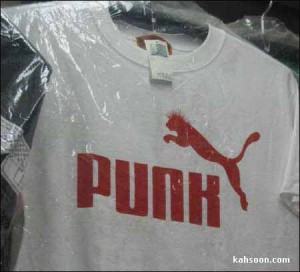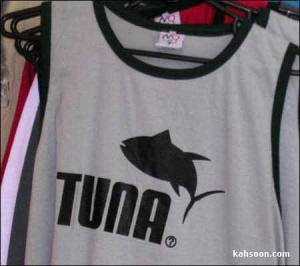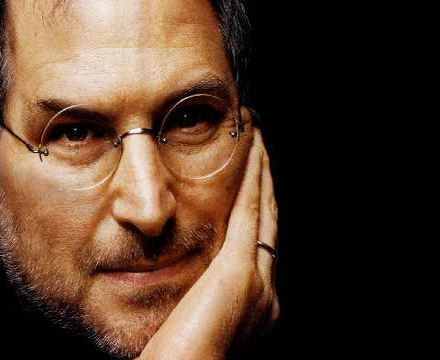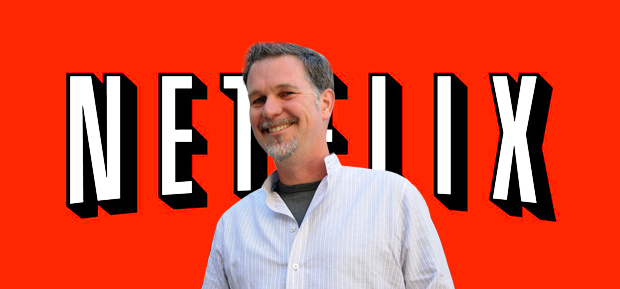Reading through the CNN business articles, this article immediately caught my attention because I’ve noticed that China plays a huge factor in the world economy for their manufacturing of goods.
The country always ran across to me as a “low-cost-manufacturing” site, not much as a place to start up a business but after reading this article, it made me realize how cultural and strategic factors come into factors in building a successful business model in China. However, the article emphasizes how China is growing it’s attraction to be a business site for many, and that because of the area and the culture that is embedded within the country, it is essential to know of couple points that you should take into account before starting a business there. This article talks about the importance of knowing the mosaic of markets, business culture and etiquette, market-based approach, patience, and about building a solid local team.
 1) Mosaic of Markets
1) Mosaic of Markets
China’s sprawling population of 1.3 billion people makes it a highly diverse market. The country itself is more of a mosaic of cultures, and the companies have to remain flexible and innovative in deciding what kind of market their product would fit into. The more specific market you target, and the more distinct your product is from others, the more successful you are likely to be in the Chinese market.
2) Business culture and Etiquette
You need to understand China’s business culture and social etiquette to prevent misunderstanding that would possibly harm your working relationships. The article emphasizes the concept of “face” which is the image that you give off to your business partners. Attending meetings, accepting invitations, providing suitable expensive gifts is couple of things that you can do to give positive “face” to the partners. Acts that are show lack of self-control and weakness is detrimental in developing a professional “face” in the field, and you need to treat people with respect at all times, whoever you are dealing with.
3) Taking a Market-based approach
It is crucial to be aware of local preferences and adapting your product to the chinese community. Because of the distinct culture that China has, it is important to tailor those values and life-style to your products. No matter how great your product is at the origin, the product really needs to be in context of China for it to attract consumers
4) Procedures in China Take time, patience and money
Success in China takes time, patience and lots of resources. It is important to look forward in meeting the demands and trends that are going to come in the future, and to find ways that is going to match the future china through looking at current characteristics of China.
5) Build a strong local team
Surrounding yourself with a local talent that can help you break deals, understand the culture and complexities of the market is crucial in having a successful business in China. Even if you have adapted the values and culture of the country, you can’t possibly know it better than someone who has grown in the country.
http://edition.cnn.com/2011/10/21/business/china-business-investors-culture/index.html
 of an item, and be presented with the information if the firms have a good human rights record. If not, they were suggested other similar products with similar pricing but with better ethical company.
of an item, and be presented with the information if the firms have a good human rights record. If not, they were suggested other similar products with similar pricing but with better ethical company.









